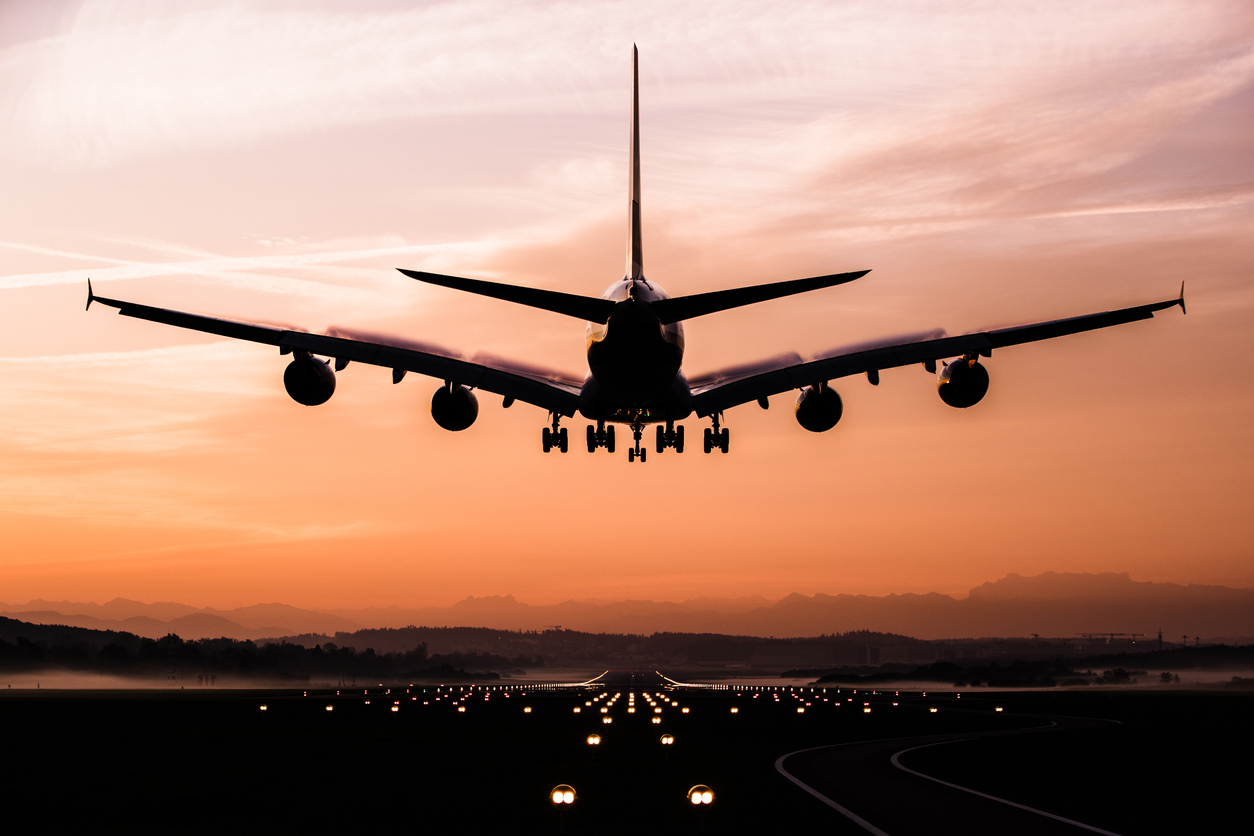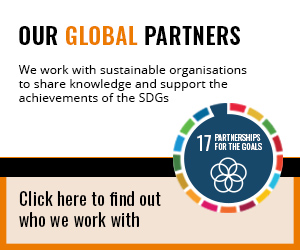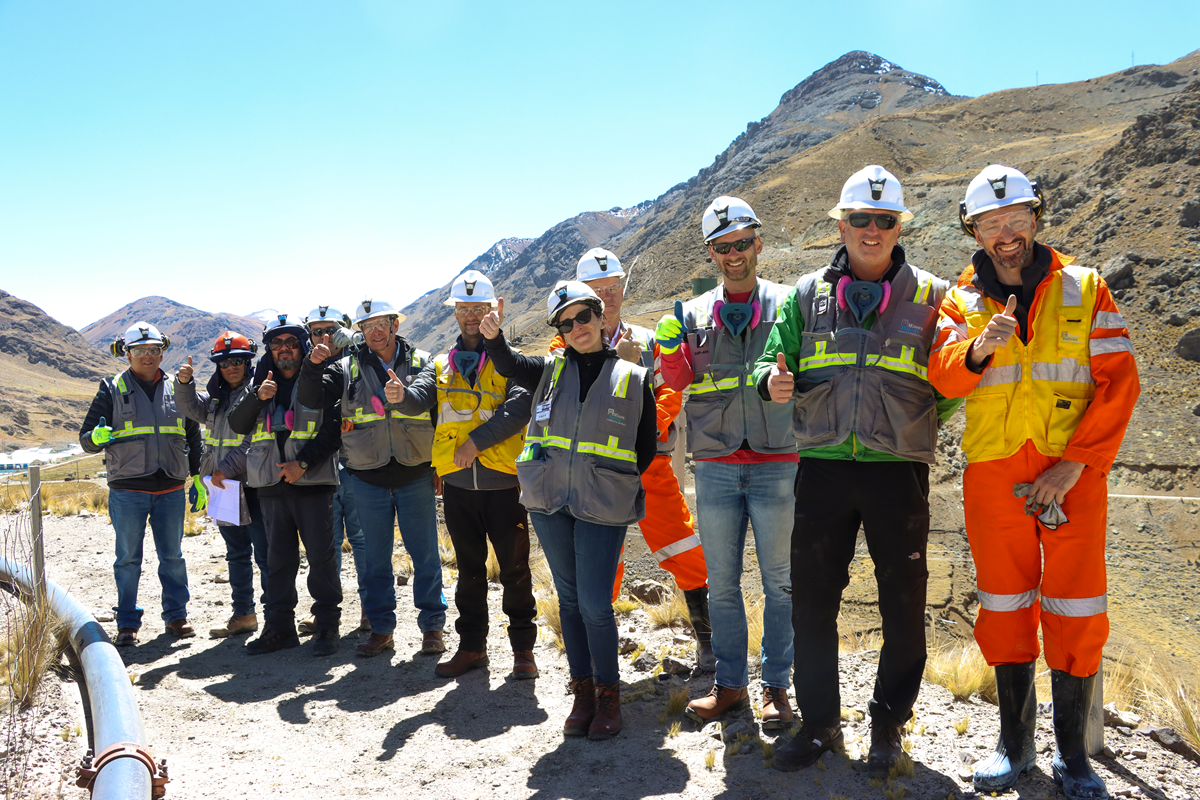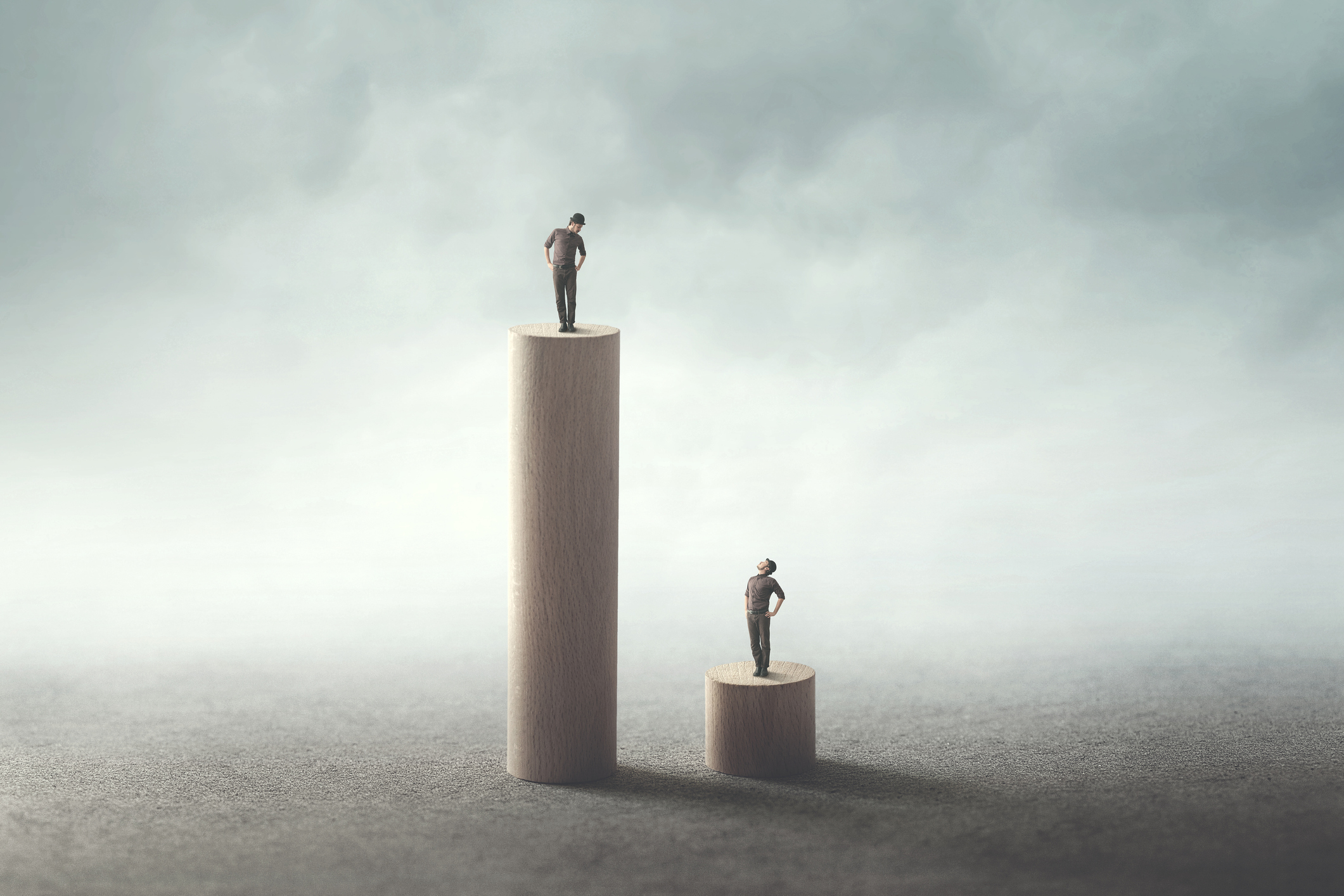The Coronavirus outbreak (COVID-19) is causing people worldwide to change their behaviours: travel plans are being reconsidered or cancelled, food and supplies are being stockpiled and some cities are in lockdown. The question is: how might does sustainable development hold up in the face of the Coronavirus?
Travel
As the #FlightFree2020 movement suggests, there is no denying that plane travel contributes to the climate crisis. So less flying has got to be a good thing. Donald Trump, President of USA, has banned travel to America from Europe.
As well as this, people are becoming more cautious about where they travel to, through fears of increasing their chance of contracting the virus. So there will be an impact on the tourism industry and airlines.
With air travel seriously reduced, carbon emissions being released into the atmosphere have decreased too. Satellites have shown pollution plummet in China amidst this outbreak, since many people have been forced to self-isolate and therefore prevented from travelling around the country, decreasing car use.
The drop in pollution is also as a result of reduced factory work in China.
However, there is more to these results than what meets the eye. Climate scientist, Andrea Dutton, at the University of Wisconsin-Madison warns that a temporary drop in greenhouse gas emissions is not entirely good for the environment.
She explains that the economy will eventually rebound: “The real big thing to focus on is cumulative emissions,” she said. “Until we address that and make the sustainable cuts we need, then we are effectively not solving the problem”.
More optimistically, there are suggestions that the consequent drop in air pollution could actually save lives. Is this perk for sustainability a slight silver lining of Coronavirus?
Retail
Online shopping has soared during the outbreak. The jury is still out on whether shopping online is better for the environment than in store. But the nature of retail is certainly shifting amidst this pandemic, and small businesses are especially set to take a hit.
Jobs could also be at risk due to the economic impact of COVID-19.
China has fast-tracked a ban on the trade and consumption of wildlife. The move is due to suggestions that the production and consumption of meat, particularly wild animals, carries health risks associated with the Coronavirus.
Despite the ban only being temporary, this could be a turning point which exposes the downside of meat consumption.
Climate action
However, what if the virus ends up being a mere distraction from the pressing climate crisis? Sir David Attenborough is concerned that our current health emergency, now classed as a pandemic, might have an impact on the upcoming climate summit (COP26). It is due to be held in Glasgow this November (2020).
Many large events wideworld, such as football matches, are being cancelled and postponed in an effort to halt the spread of the virus. The worry is that this will also stunt any climate progress that could take place at the COP26 conference.
Coffee chain Starbucks have prohibited the use of reusable cups, in an attempt to prevent the spread of Coronavirus. According to the BBC, a hygiene expert said containing the virus should be a “greater priority” than environmental concerns.
The future
Some people have suggested this drastic shift in behaviour will force people to change their ways in the long run. It could be a chance to experiment in terms of remote working, travelling less and altering consumer habits.
One tweet, which went viral, reads:
COVID-19 helping people realise that some meetings can be emails.
— Nazeefah Wadia (@Nazeefah) March 11, 2020
Here are some suggestions for how we could all learn a thing or two from this outbreak, in order to live more sustainably:
- Ration tissue use permanently, including toilet and kitchen roll
- Reduce or eliminate your commute: for instance, use video conferences instead of going into the office occasionally
- Plan to shop more sustainably: buy less and plan more efficiently
- Become more involved in your local produce, supplies and community
The outbreak of this virus is causing much uncertainty. But one thing is for sure: sustainability is intrinsically mixed up in this chaos.
Image courtesy of iStockPhoto.com.





